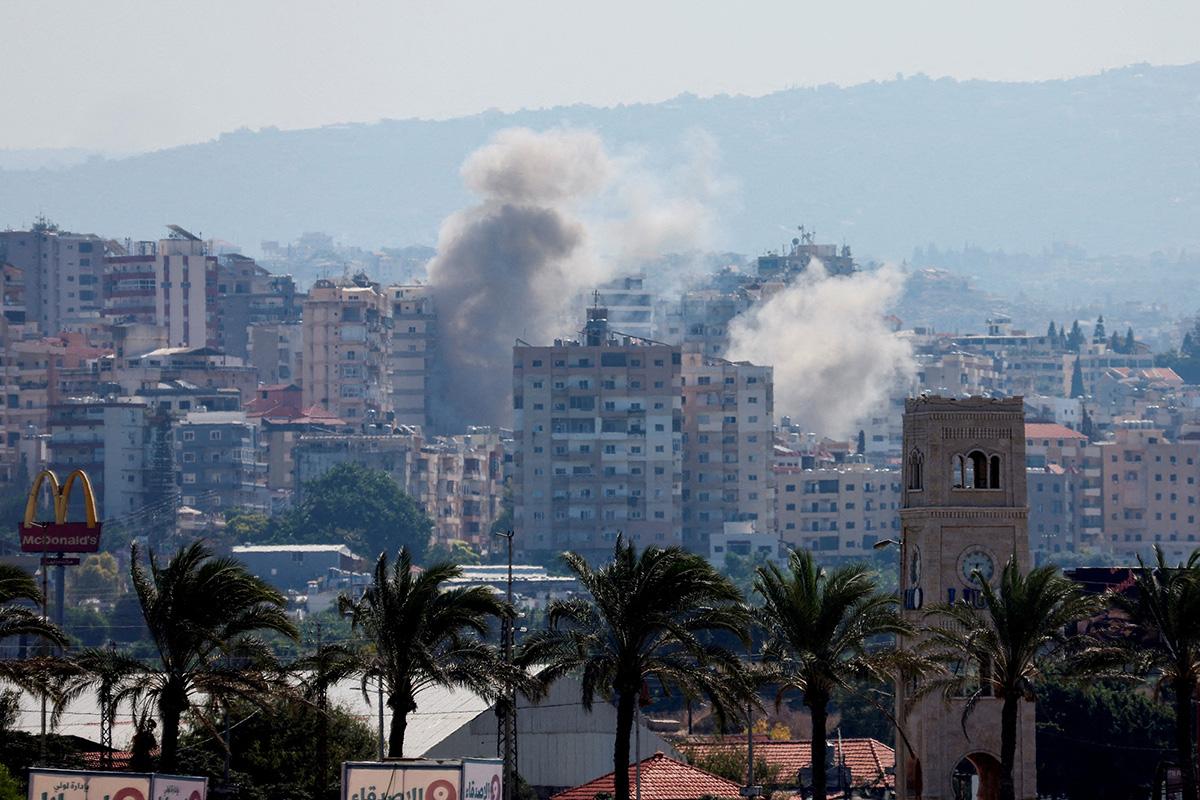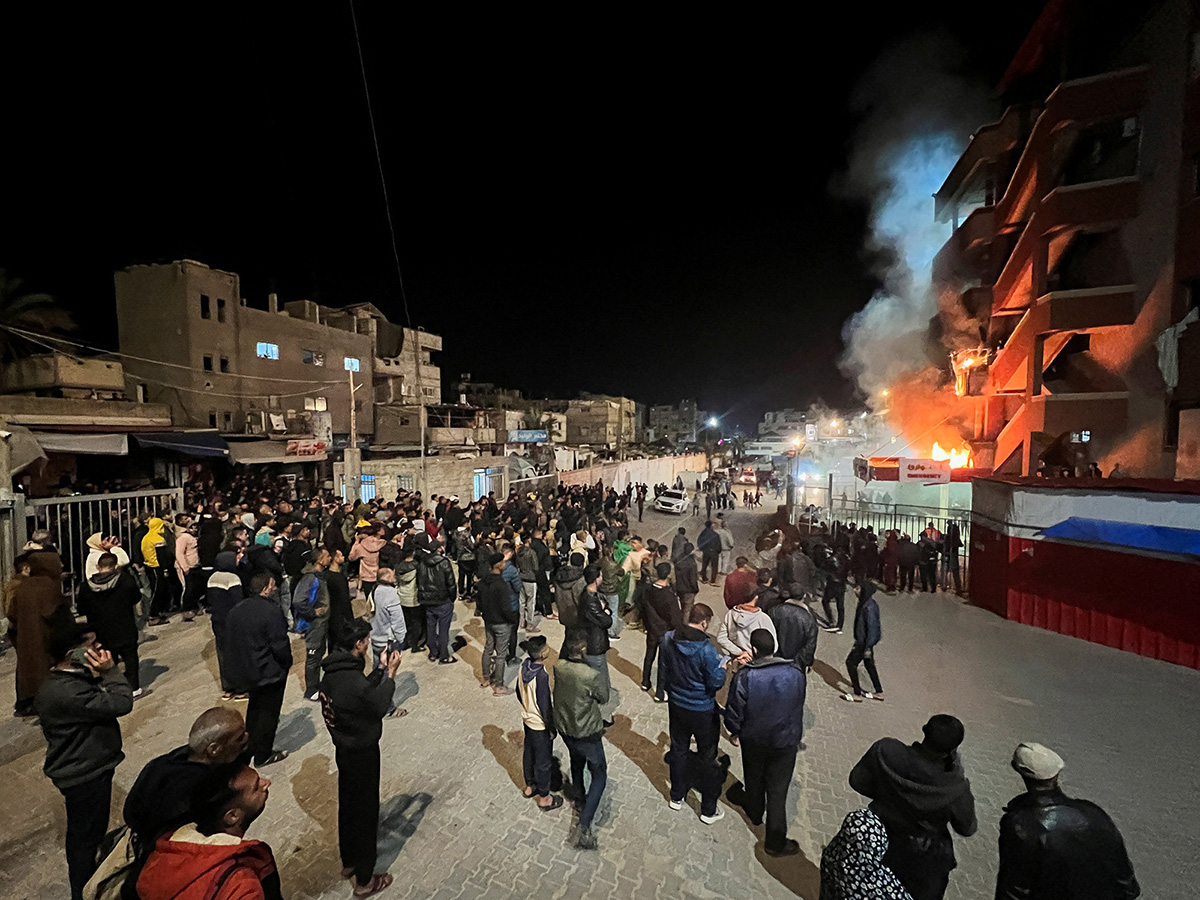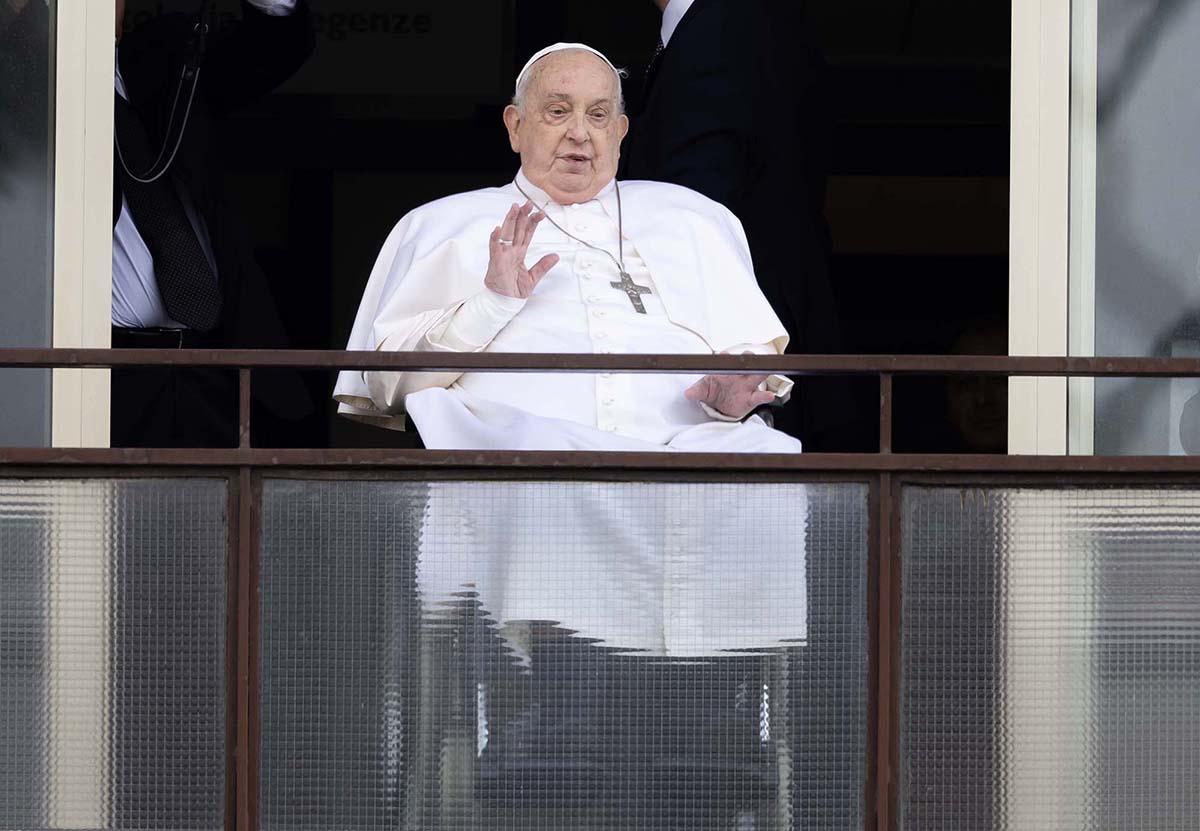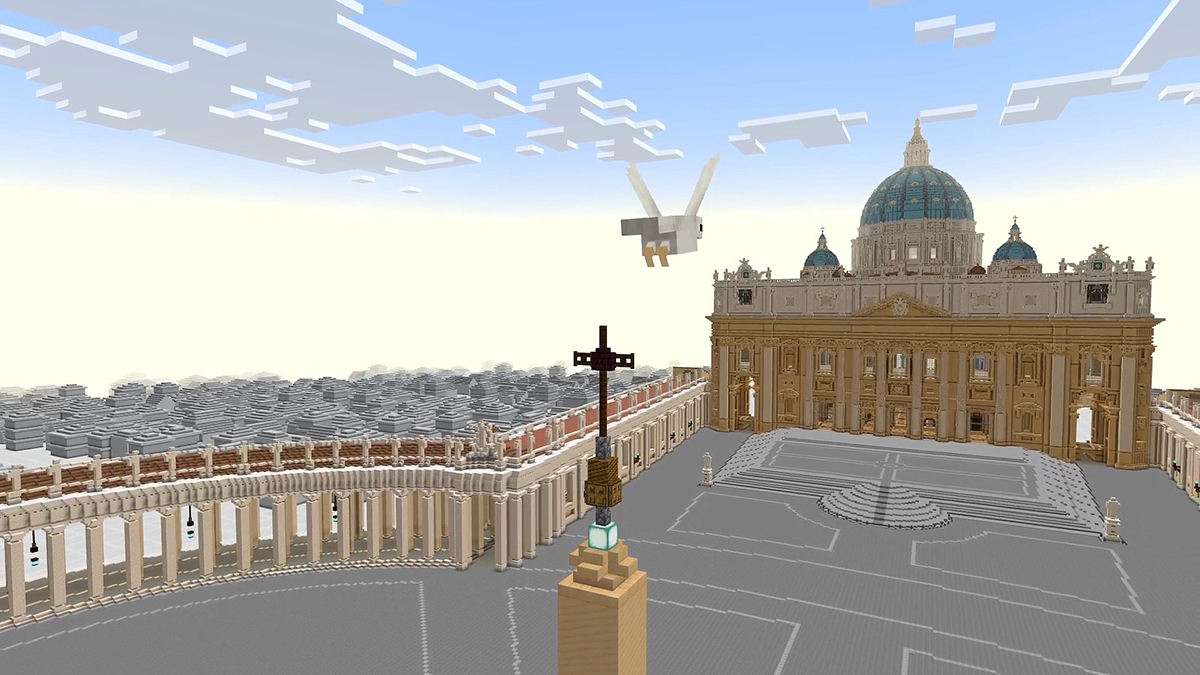Churches shelter people escaping violence in Lebanon

Latin patriarch urged a day of prayer, penance on anniversary of Oct. 7 attack and the start of Israel-Hamas war
Israeli airstrikes in Lebanon meant to target Hezbollah militants have led to over 550 deaths, including 50 children and 94 women, the Lebanese Health Ministry said. Christian churches in the country are sheltering people escaping violence.
“People are now living in church halls, so they will need food, sanitary products, mattresses, blankets, and if it continues, we will need heating for winter, though of course, we hope it will not last that long,” said Marielle Boutros, project coordinator in Lebanon for the pontifical charity Aid to the Church in Need.
According to The Associated Press, the Lebanese Health Ministry told journalists Sept. 24 that 16 paramedics and firefighters were among those killed, and 1,835 people were wounded in the attacks.
Israeli military officials said its airstrikes targeted the militant group’s strongholds in Beirut and announced that it had killed Ibrahim Qubaisi, a senior Hezbollah commander, the Reuters news agency reported.
Pope Francis said during his general audience Sept. 25 that the escalation is “unacceptable” and urged the international community to make “every effort” to stop the descent into violence.
The increasing tensions in the Middle East as well as other global conflicts were at the forefront of discussions as world leaders gathered at the United Nations headquarters in New York for high-level meetings at the start of the 79th session of the General Assembly.
In his opening address Sept. 24, U.N. Secretary-General António Guterres warned that the world “can’t go on like this” and that the current course is “unsustainable.”
“Gaza is a nonstop nightmare that threatens to take the entire region with it. Look no further than Lebanon. We should all be alarmed by the escalation. Lebanon is at the brink. The people of Lebanon, the people of Israel, and the people of the world cannot afford Lebanon to become another Gaza,” Guterres said.
While condemning Hamas’ Oct. 7 attack on Israel, Guterres said that “nothing can justify the collective punishment of the Palestinian people.”
In his speech, U.S. President Joe Biden advocated against a “full-scale war” in Lebanon Sept. 24 and expressed his desire to reach a cease-fire agreement quickly.
Thousands of families from southern Lebanon have packed cars and headed north toward Beirut since the Sept. 21 escalation. Some 100,000 people living near the border had already been displaced since the Oct. 7, 2023, Hamas attack on Israel, subsequent war and intensified daily fire between the militant group Hezbollah and Israel.
Day of prayer
The Latin patriarch of Jerusalem asked for a day of prayer, fasting and penance to mark “a date that has become symbolic of the drama we are experiencing.”
In a Sept. 26 letter to his diocese, Cardinal Pierbattista Pizzaballa said the region “plunged into a vortex of violence and hatred never seen or experienced before” as Hamas attacked Israel, killing 1,200 people, mostly civilians, in southern communities, and taking almost 250 people hostage Oct. 7, 2023. In the subsequent Israel-Hamas war in Gaza, at least 41,467 people, including nearly 16,500 children, have been killed to date, its health ministry said.
“The intensity and impact of the tragedies we have witnessed in the past 12 months have deeply lacerated our conscience and our sense of humanity,” the cardinal said.
Explaining the need of the day of prayer, fasting and penance, the cardinal said that “we need to pray, to bring our pain and our desire for peace to God. We need to convert, to do penance and to implore forgiveness.”
He reminded that the month of October “is also the Marian month and on October 7 we celebrate the memory of Mary Queen of the Rosary.” He invited everyone to pray the Rosary “or in whatever form he or she sees fit, personally but better again in community, find a moment to pause and pray.”





